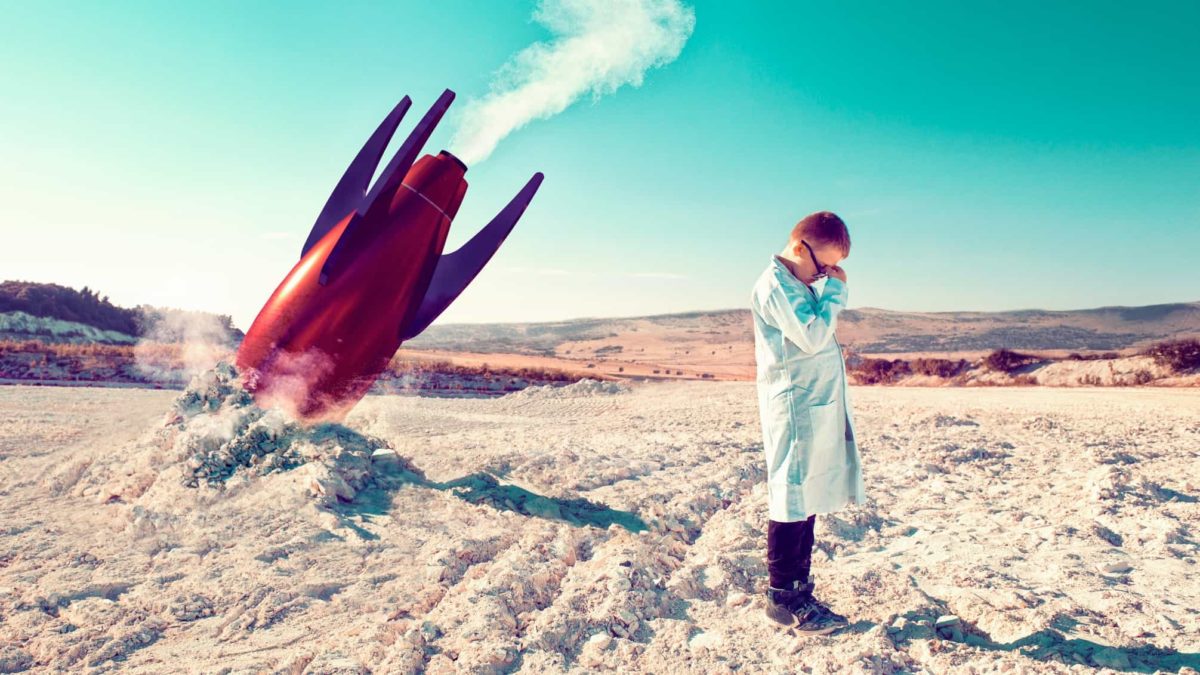The Vulcan Energy Resources Ltd (ASX: VUL) share price has returned from its trading halt and is crashing lower.
At the time of writing, the lithium developer's shares have dropped 20% to $12.05.
Why is the Vulcan Energy share price crashing?
As well as releasing its quarterly update this morning, the company responded to a scathing report from short-focused activist investor J Capital.
In response, Vulcan stated that the report contains many claims that are wrong and misleading.
Vulcan Energy's Managing Director, Dr. Francis Wedin, stated: "Vulcan Energy Resources is a world class company dedicated to decarbonisation, with world class technical experts."
"Vulcan's goal is to be a world leader in sustainable lithium production and to create the world's first fully integrated renewable energy and battery raw minerals company. While any misinformed short selling attack is disappointing, we are buoyed by the support of our leading institutional investors in understanding the project's technical detail – and risks."
Nevertheless, this support from institutional investors hasn't been enough to stop the Vulcan share price from sinking today. This may be due to the uncertainty that the report highlights and the significant future value that its already priced into the Vulcan share price.
What else did Vulcan say?
Below is a summary of some key points of the response. To read the response in full detail, you can click here.
J Capital claims: "Research by the U.S. Department of Energy published in May 2021 states that the cost to produce a ton of lithium carbonate using DLE will be around $4,000. That would put Vulcan's project in the highest quartile of cost. Every expert we spoke to believes costs will be at the high end of the cost curve."
Vulcan refutes this, stating that its cost per tonne is expected to be $2,640. Furthermore, even a cost per tonne of $4,000 would not be in the highest quartile of cost. Rather it would still be the lowest quartile of cost for lithium carbonate for current production.
The company also highlights that the report claims the Upper Rhine Valley has much lower lithium grades than in the Salton Sea. However, Vulcan notes that the grades are actually similar.
In response to criticism of its employees, Vulcan stated that it stands by every one of its employees, noting that many of them are highly respected globally and do not have a "record of failure", as J Capital claims.
What else?
Another concern J Capital has are the flow rates that will underpin the geothermal power at the Zero Carbon Lithium project.
However, management responded: "As Vulcan stated 11 times within its PFS publication, we have not drilled any geothermal wells into our greenfields development areas, and until we do so, as we have already stated on numerous occasions, risks around flow rate will remain. Vulcan believes it has an appropriate level of confidence around its assumptions surrounding flow rates, based on the experience of its team, and state-of-the-art scientific tools, data and studies as elaborated below."
"Vulcan has, based on its detailed analysis and the various factors mentioned above, used between 100 and 120l/s as assumed flow rates for its projects in its PFS. The Report incorrectly suggests that Vulcan should base its flow rates off some of the first wells drilled in the area, including a well drilled 41 years ago in 1980, without the benefit of 3D seismic data and industry best practice and learnings," it added.
What's next?
Unfortunately for shareholders, one report is rarely where it ends.
J Capital and other short sellers will often respond to the company's response soon after. So investors may want to keep an eye for that and on the Vulcan Energy share price.







